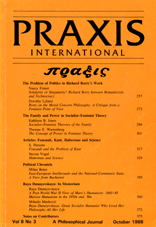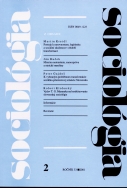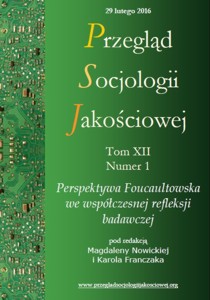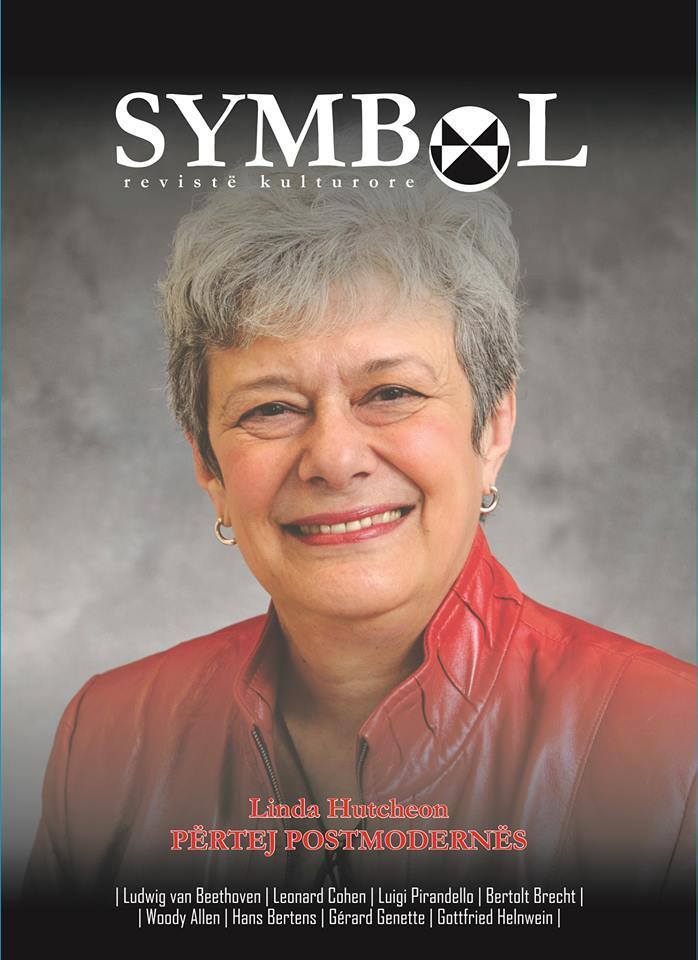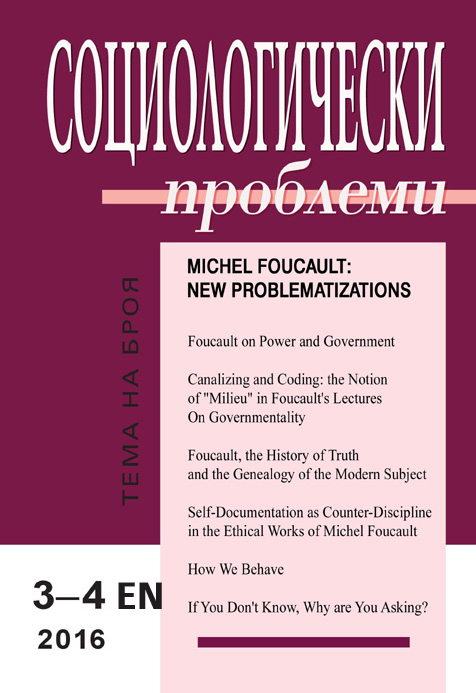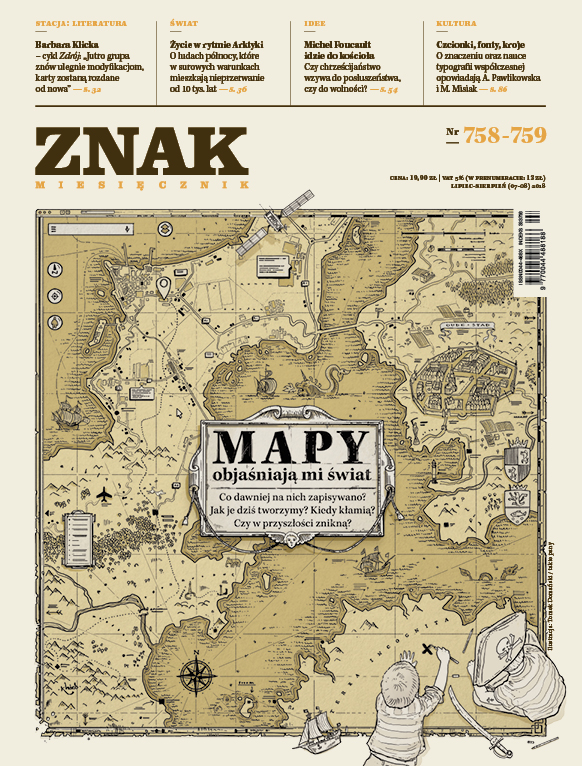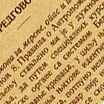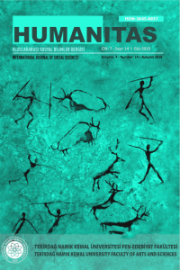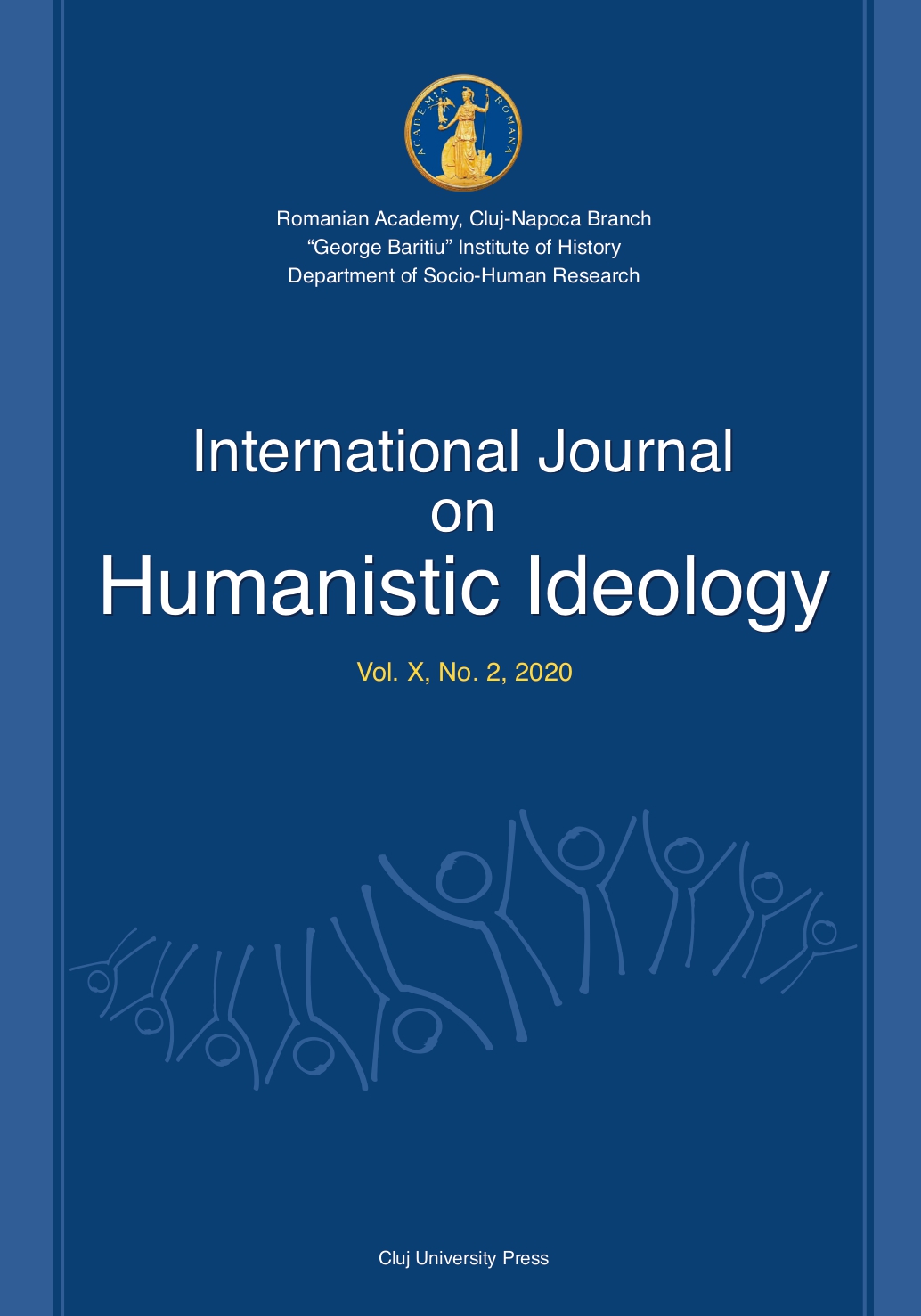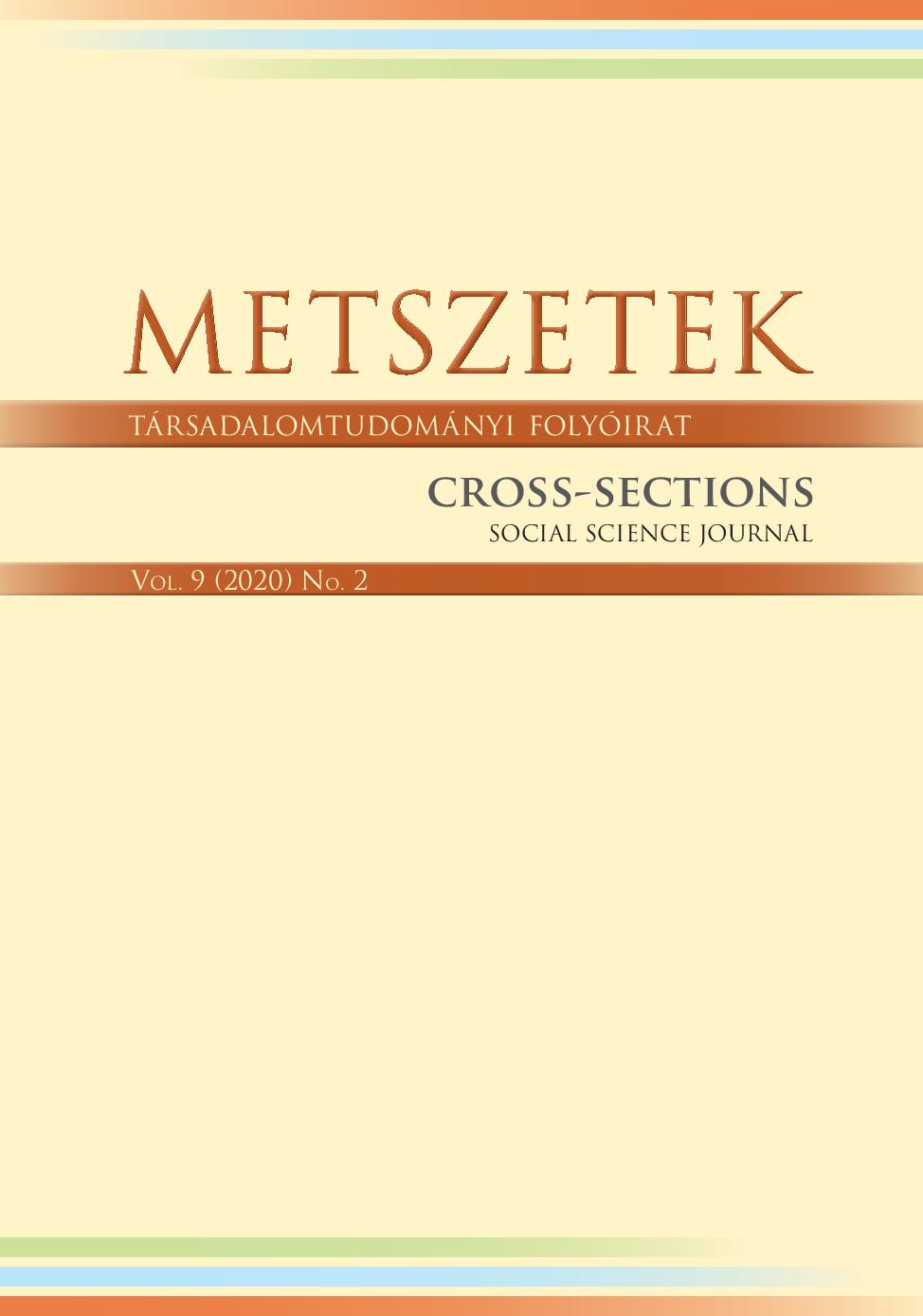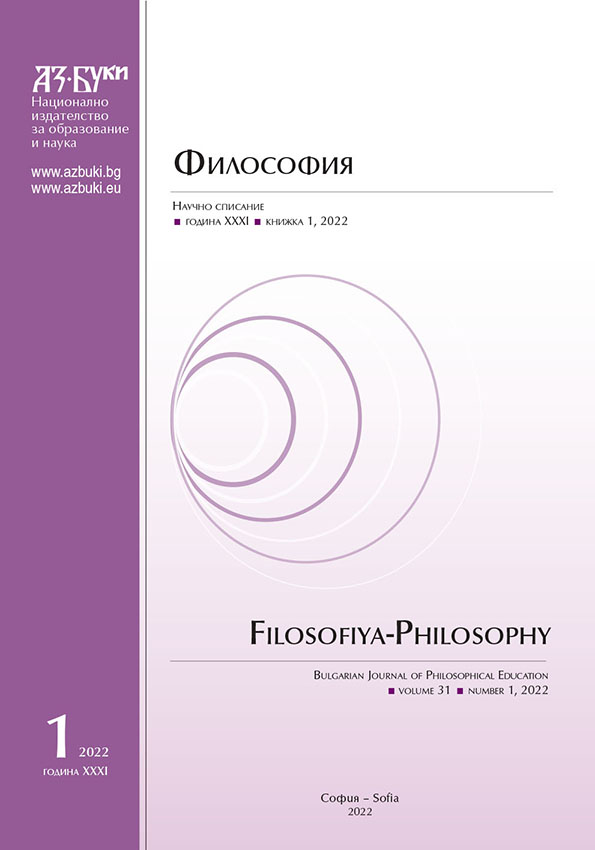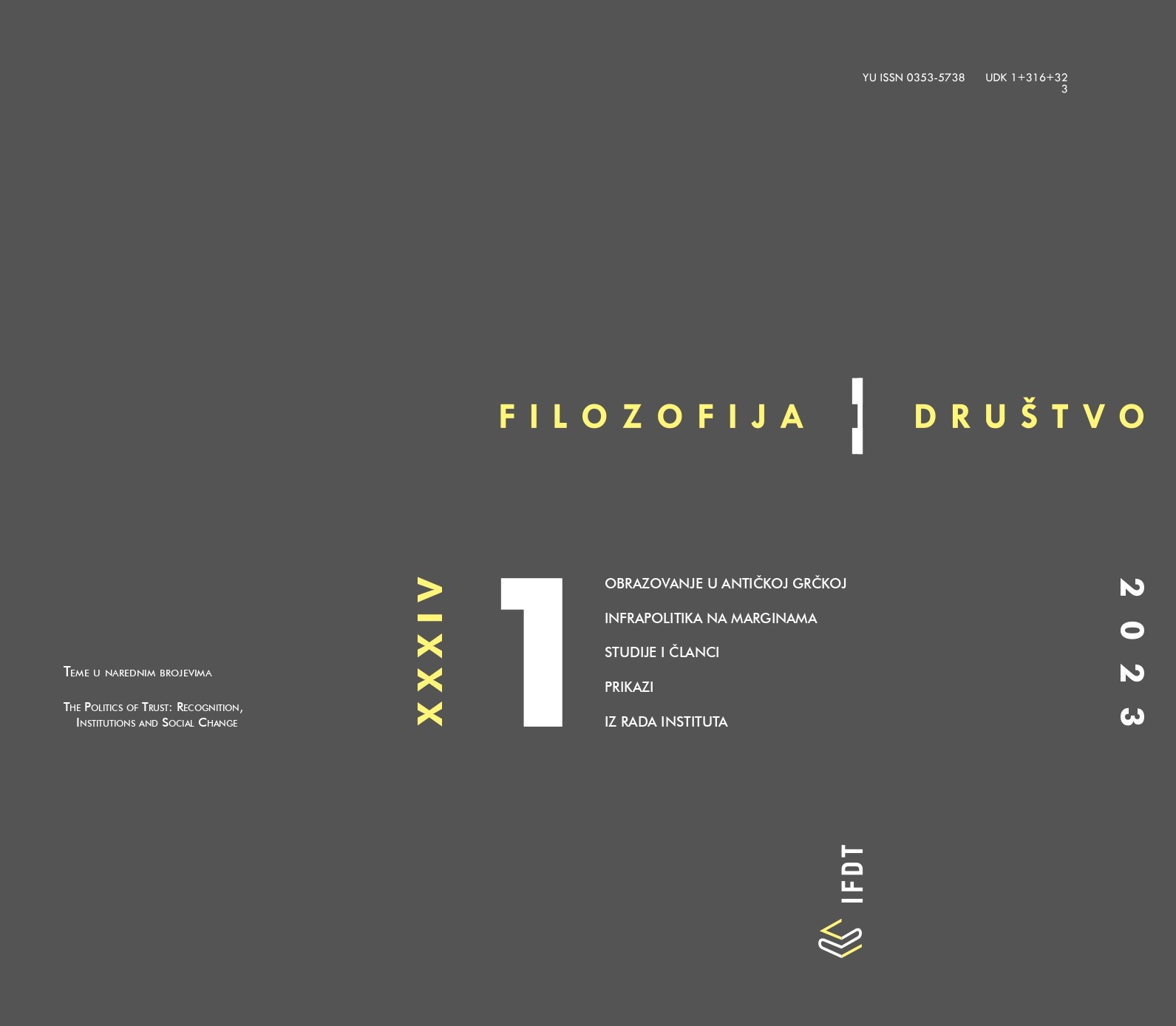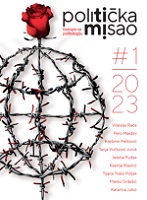
Foucault listens
Foucault osluškuje
Filozofovo uho kao da se postupno zatvaralo. Glazba bi dopirala, na ovaj ili onaj način, zadržavajući na trenutak njegovu pažnju, ali samo kratkotrajno, postajući ponovno uobičajenim dijelom okolnog svijeta, poput komada pokućstva. Sve dok jednoga dana nije čuo nešto neočekivano, što nije nalikovalo ničemu poznatom. Činilo se poput niza nepovezanih zvučnih događaja: čas glasnih čas tihih, čas ekstremno visokih čas ekstremno niskih, čas dugih čas kratkih. Zvučnih događaja što nisu nalikovali ni pjesmi što nastaje iz veselja ili tuge, ni koncertnom natjecanju dobro ugođenih svirača, ni kakvoj dramskoj sceni u kojoj dolazi do napetosti i popuštanja, nego prije slučajnim udarcima po tipkama klavira, kao kada bi se za instrumentom našlo kakvo jednogodišnje dijete, lupajući amo-tamo – ili možda kakav mačak što skakuće po klavijaturi i ostavlja zvučne tragove. “I to je glazba?", zapitao se filozof, zaokupljen neobičnim zvučnim zbivanjem.
More...
